HyperSolar reaches 1.25 V for water-splitting with its self-contained low-cost photoelectrochemical nanosystem
Green Car Congress
DECEMBER 10, 2014
volts (V) of water-splitting voltage with its novel low-cost electrolysis technology. HyperSolar’s research is centered on developing a low-cost and submersible hydrogen production particle that can split water molecules using sunlight, emulating the core functions of photosynthesis. HyperSolar, Inc. V (at 25 °C at pH 0).


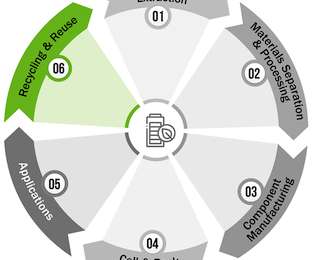






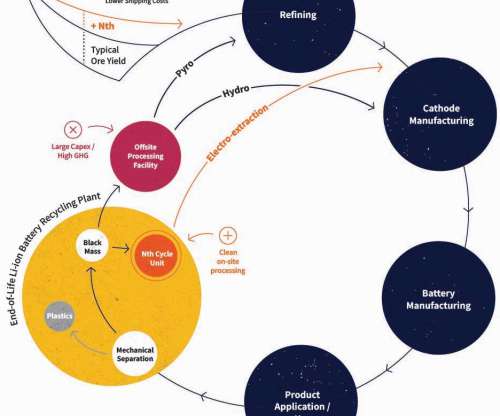









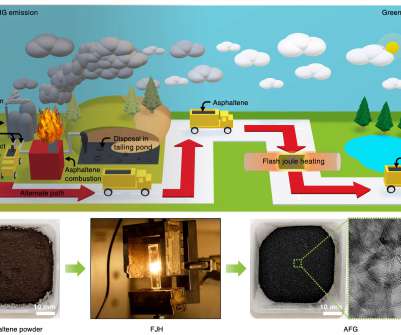








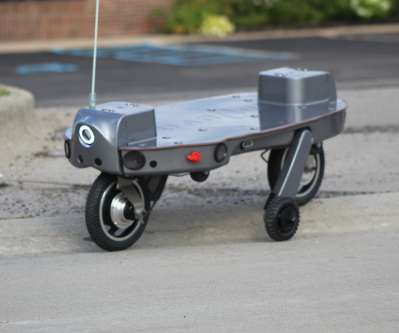
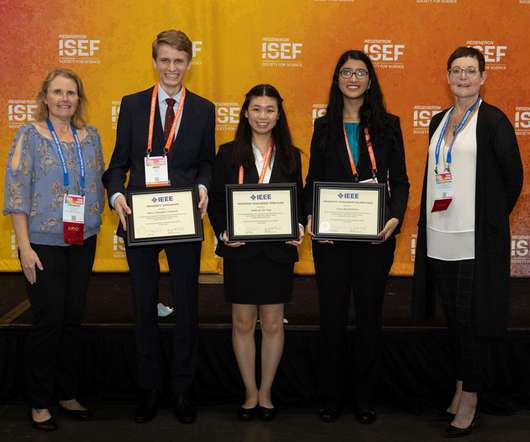











Let's personalize your content